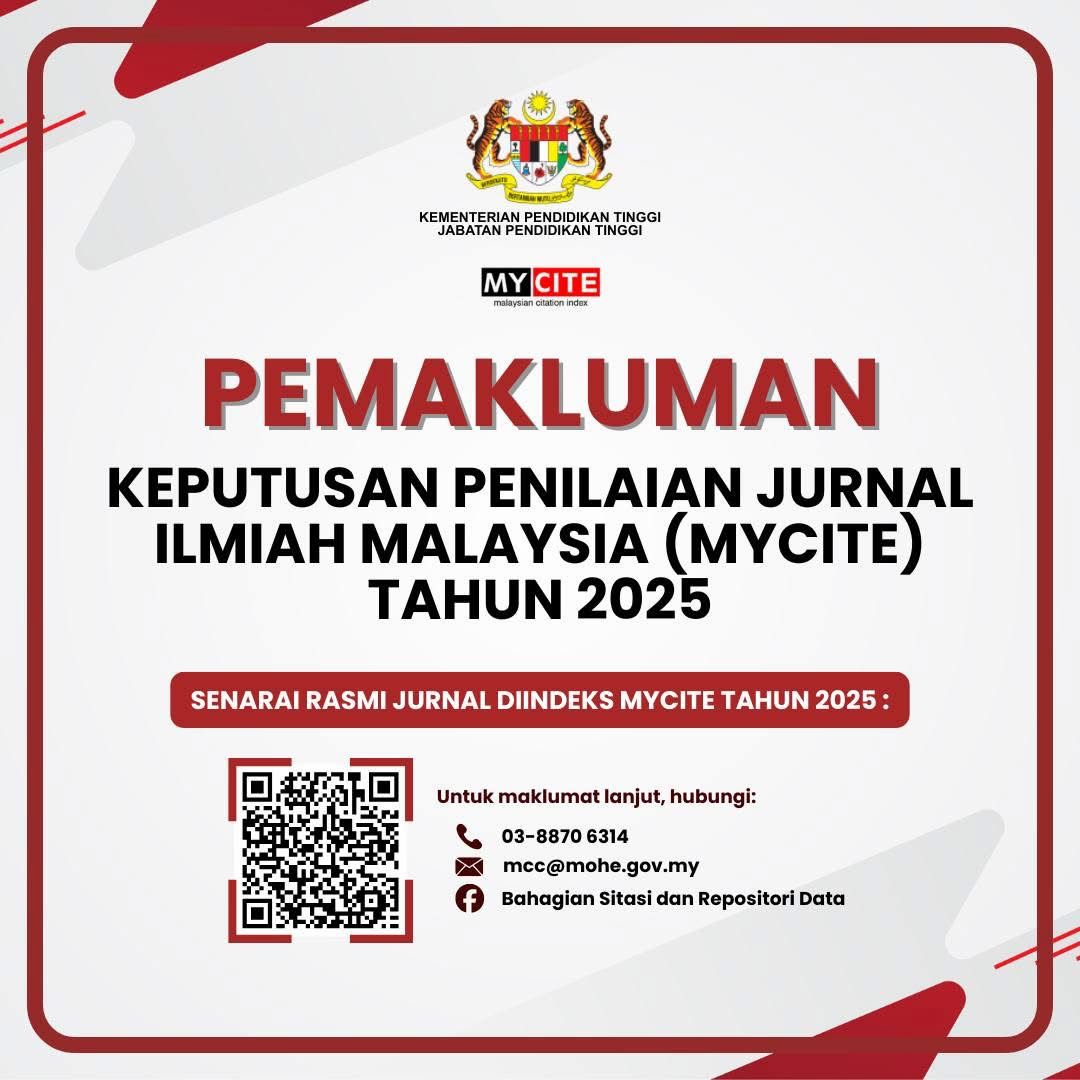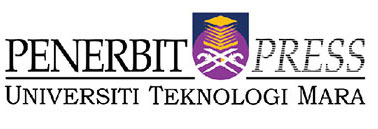The Effects of Binge Watching on Interpersonal Communication among Department of Communication and Liberal Arts (DCLA) Students
Keywords:
Binge-watching, Interpersonal communication, students of DCLAAbstract
The purpose of this study is to discover the effects and factors of binge-watching on interpersonal communication among students from the Department of Communication & Liberal Arts (DCLA) at Sunway University. A total of 12 participants were selected by employing purposive sampling from among DCLA undergraduates. A qualitative method was used to achieve the objectives of this study through focus group interviews. The effects and factors of binge-watching were assessed based on the Uses & Gratification Theory (UGT). The participants’ feedback was transcribed and analysed by using McQuail’s coding method that includes five categories which are entertainment, escapism, education, social, and character (Stoldt, 2013). The results suggest, entertainment as the main factor for binge-watching has positive effects on interpersonal communication among DCLA students who are more socialised with their fellow binge-watchers. It is hoped that future researchers will consider binge-bonding as a new area in the study of binge-watching.
Downloads
Published
License
UiTM Press (the Publisher) has agreed to publish the undersigned author’s paper in Idealogy Journal. The agreement is contingent upon the fulfilment of a number of requirements listed below.
1. The undersigned author warrants that the paper entitled below is original, that it is not in any way libellous or unlawful in Malaysia, that it does not infringe any copyright or other proprietary right. The undersigned hereby represents and warrants that he/she is the author of the paper, except for material that is clearly identified as to its original source, with permission notices from the copyright owners where required. The undersigned represents that he/she has the power and authority to sign and execute this agreement.
2. The undersigned author warrants that the paper entitled below has not been published elsewhere, and also it will not be submitted anywhere else for publication prior to acceptance/rejection by this Journal.
3. By submitting the paper entitled below, the undersigned author agrees to transfer the rights to publish and distribute the paper in an international e-journal (entitled above) to Publisher.
4. The undersigned author agrees to make a reasonable effort to conform to Publisher's submission guidelines and to liaise with the editor to ensure that the requirements of these guidelines are met to a reasonable degree.
5. The corresponding author signs for and accepts responsibility for releasing this material on behalf of any and all coauthors. This agreement is to be signed by at least one of the authors who has obtained the assent of the co-author(s) where applicable. After submission of this agreement signed by the corresponding author, changes of authorship or in the order of the authors listed will not be accepted.




